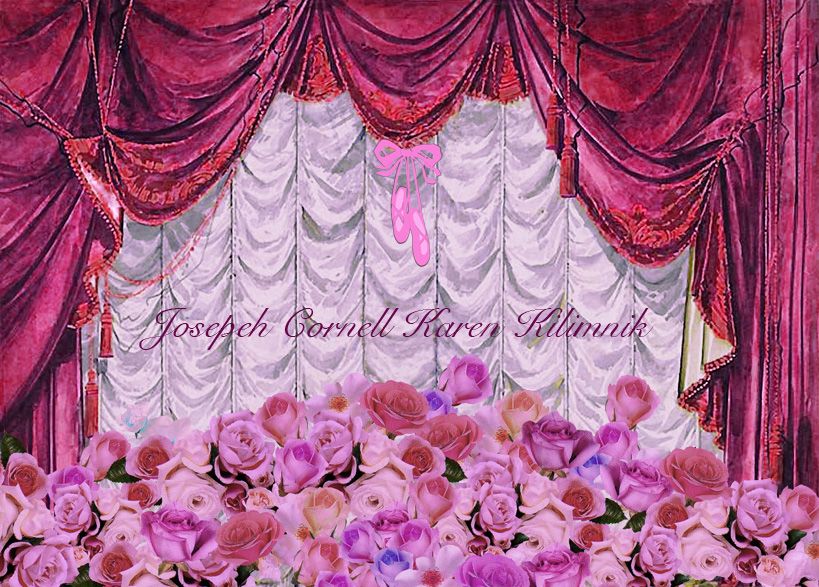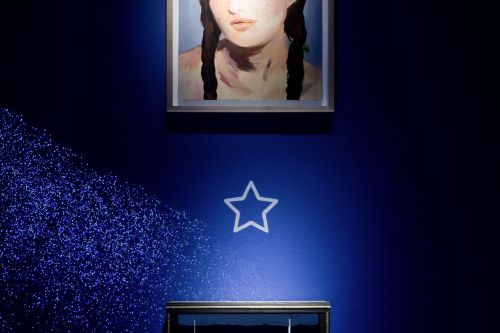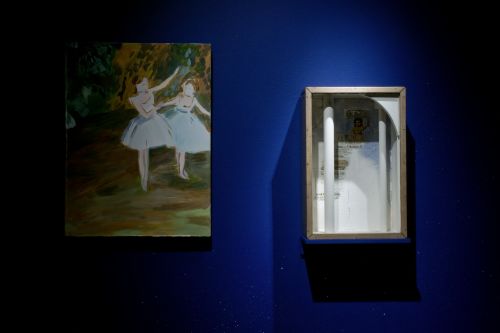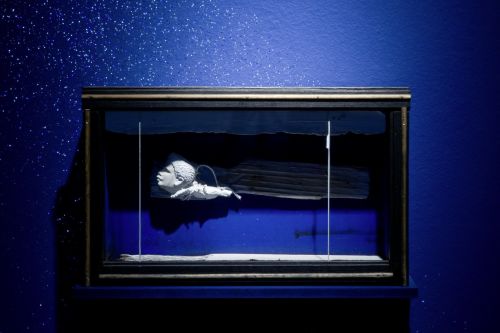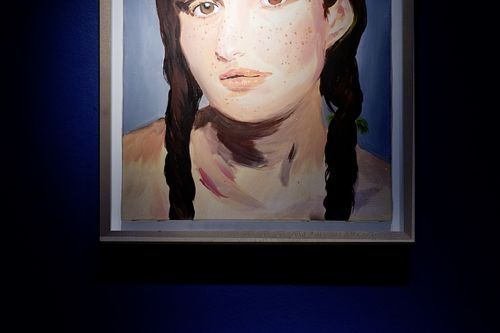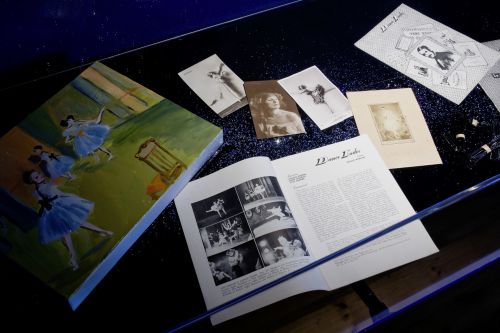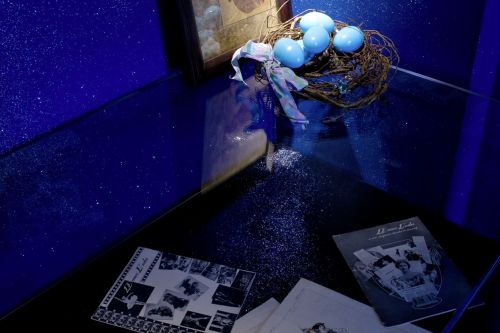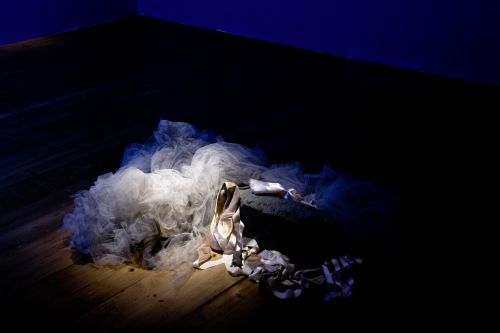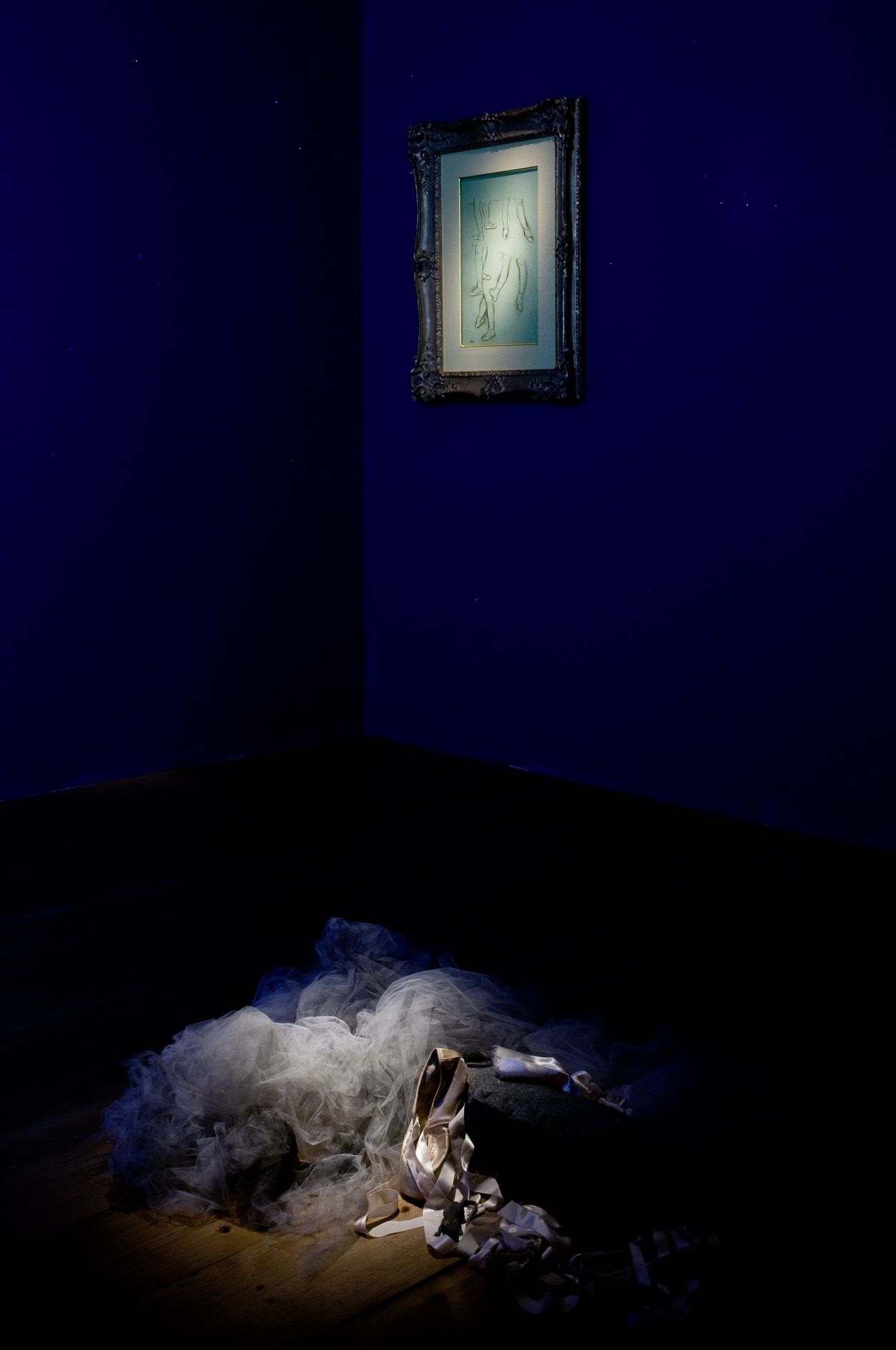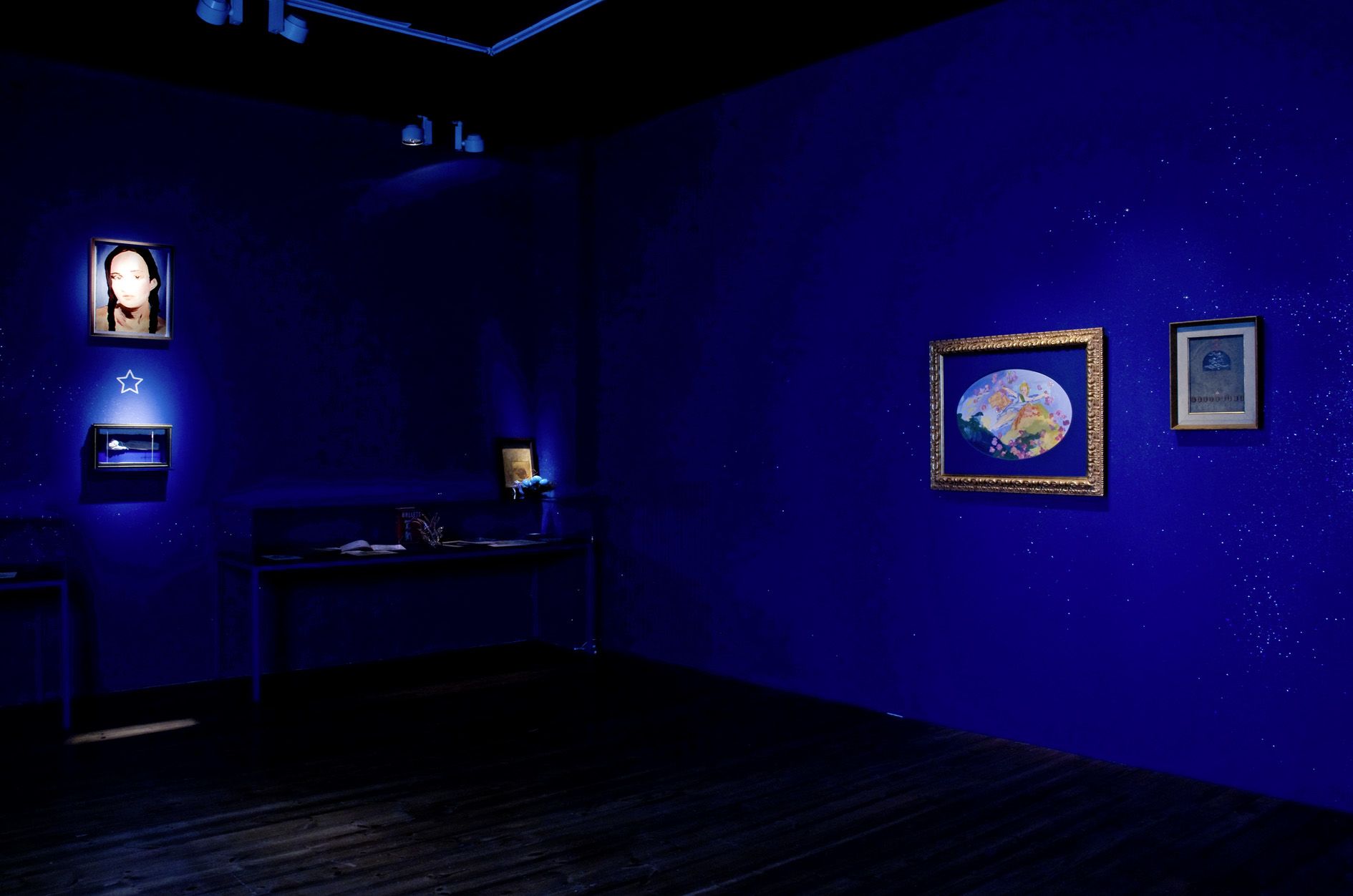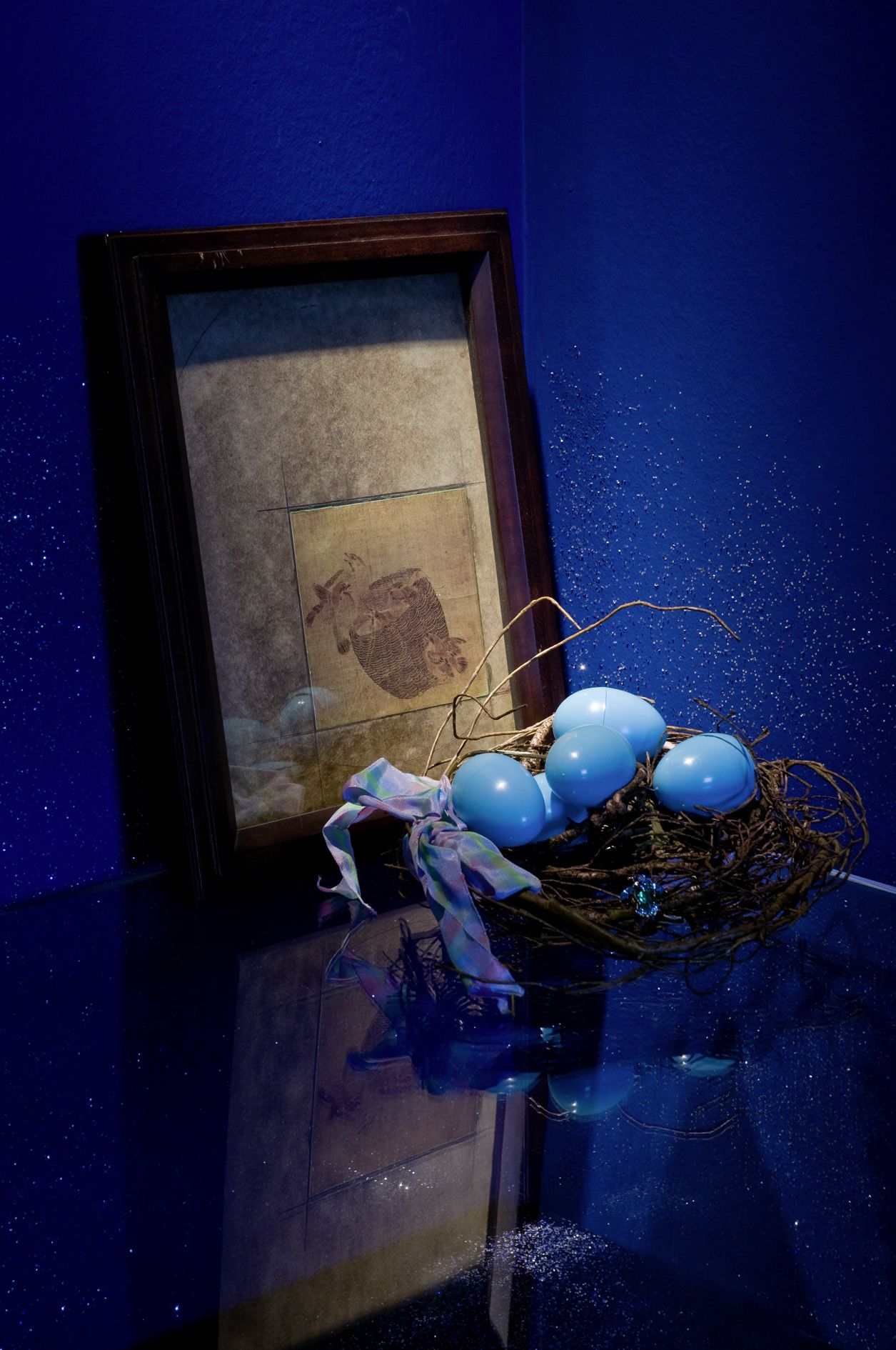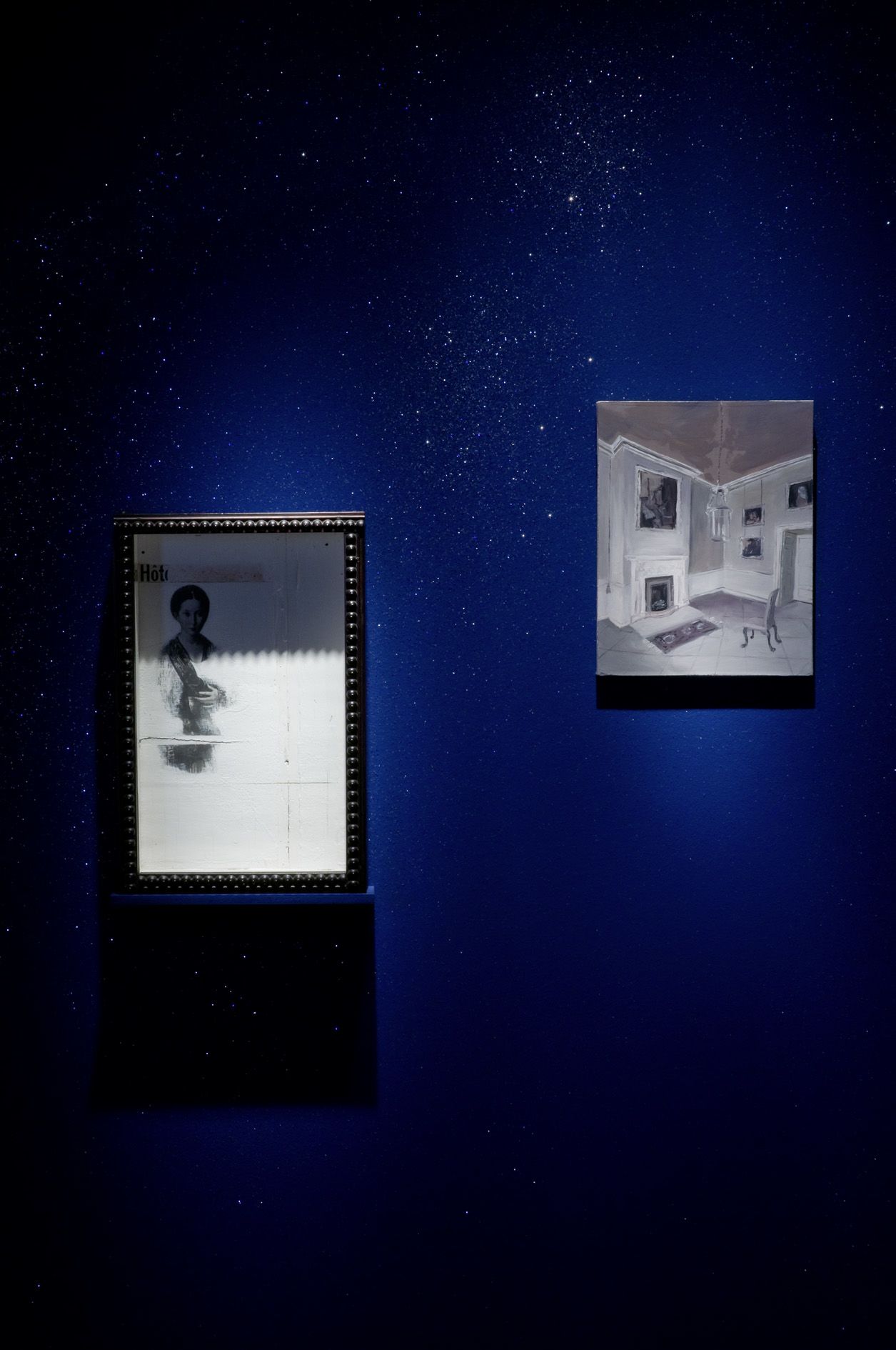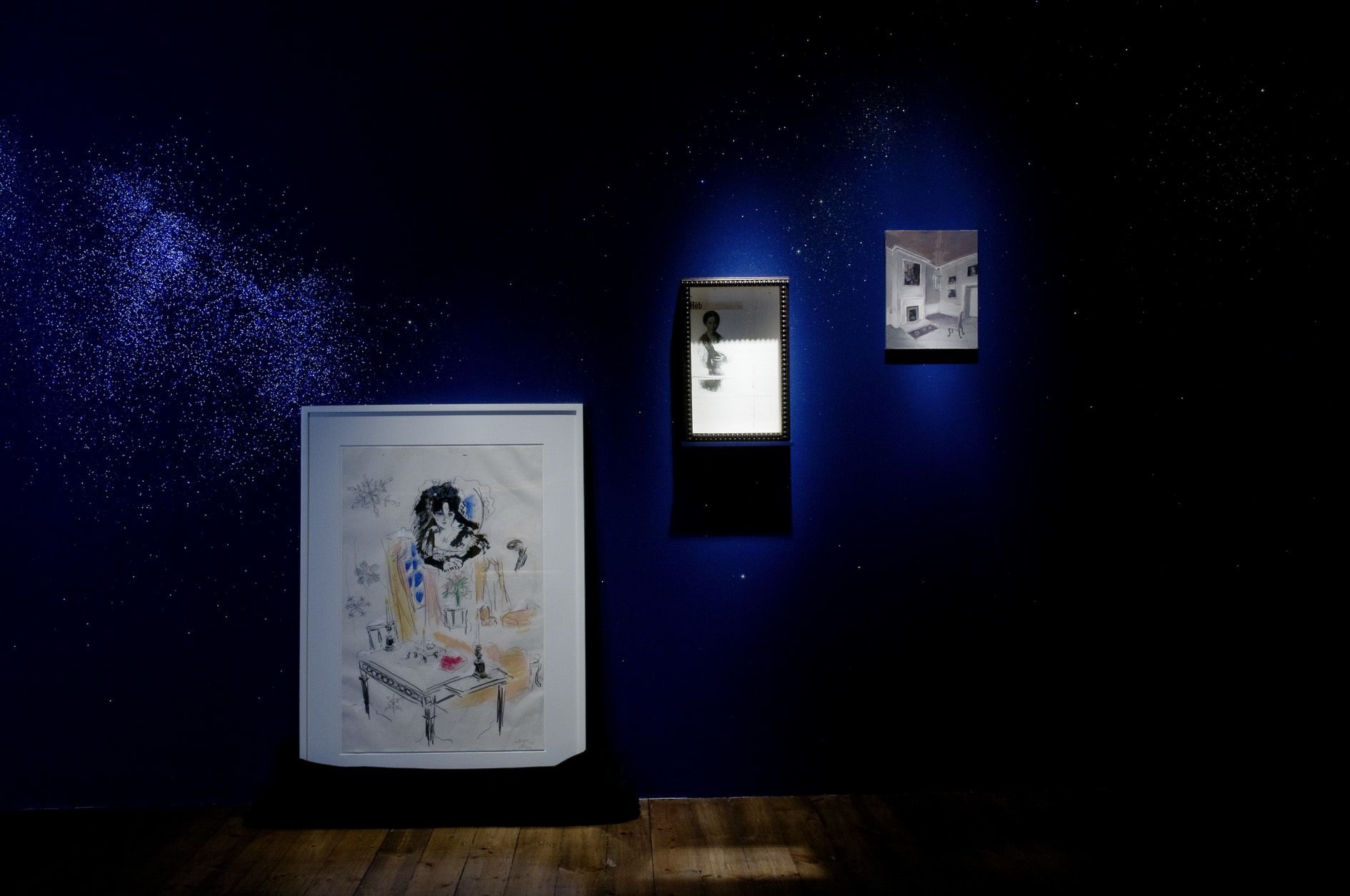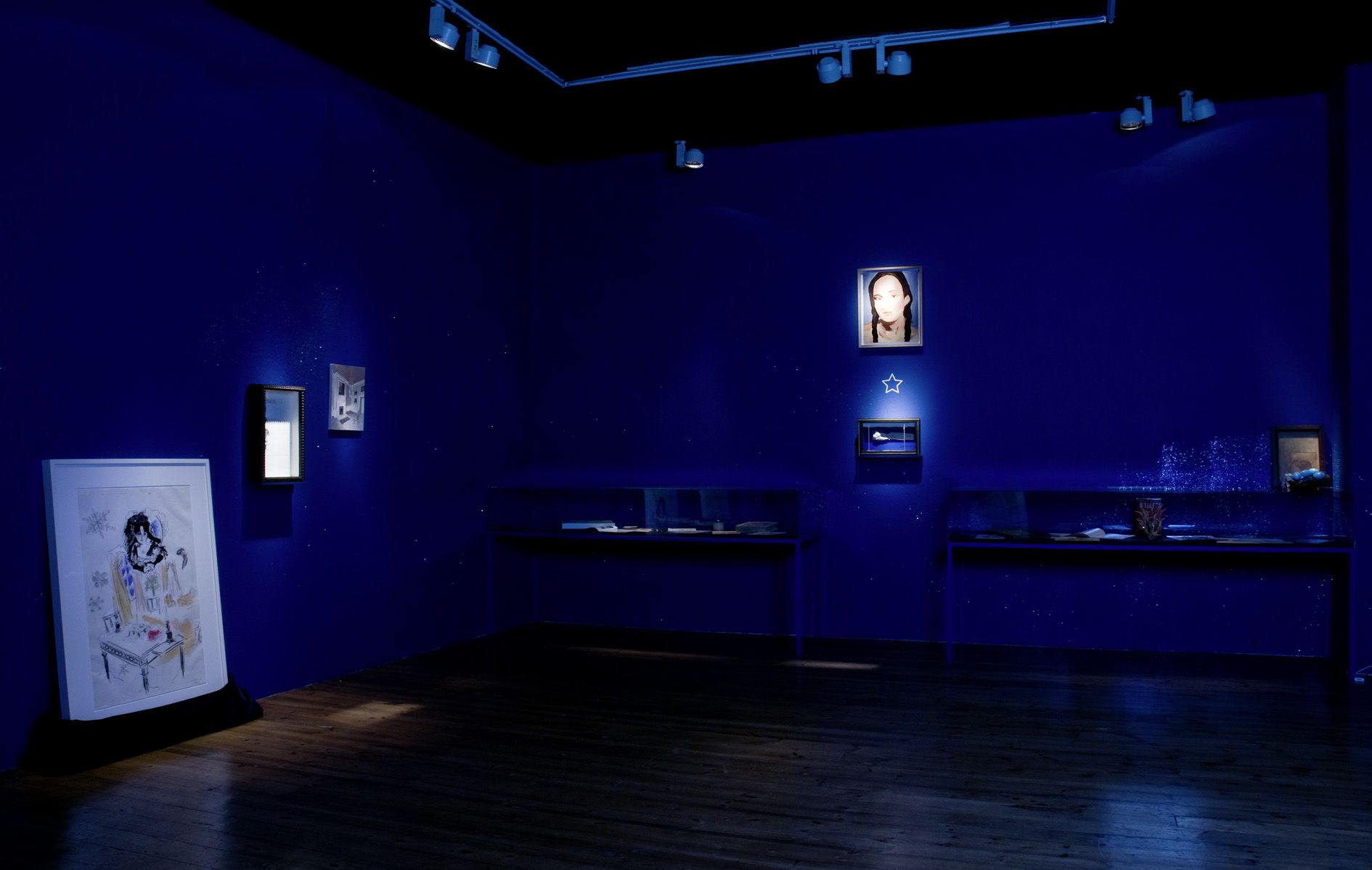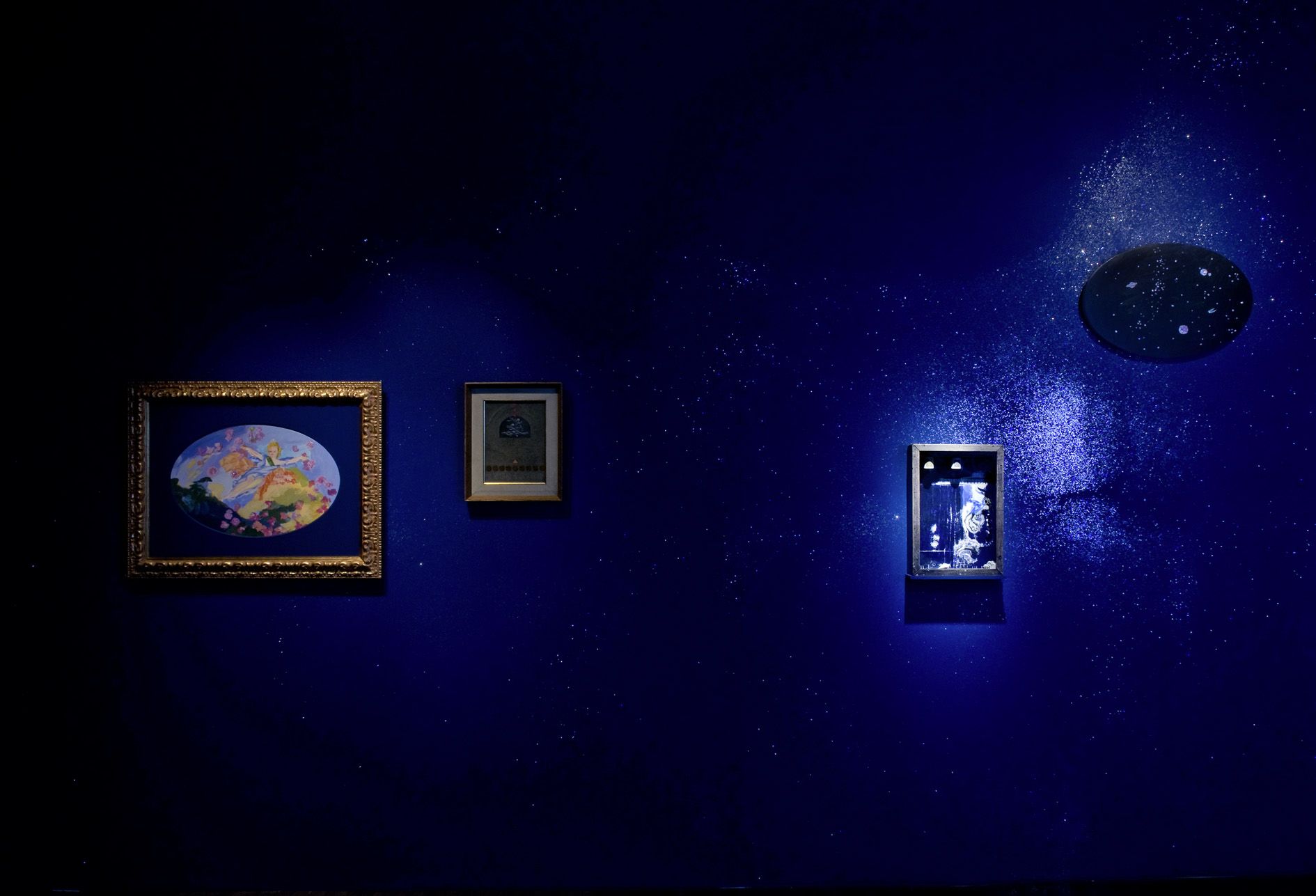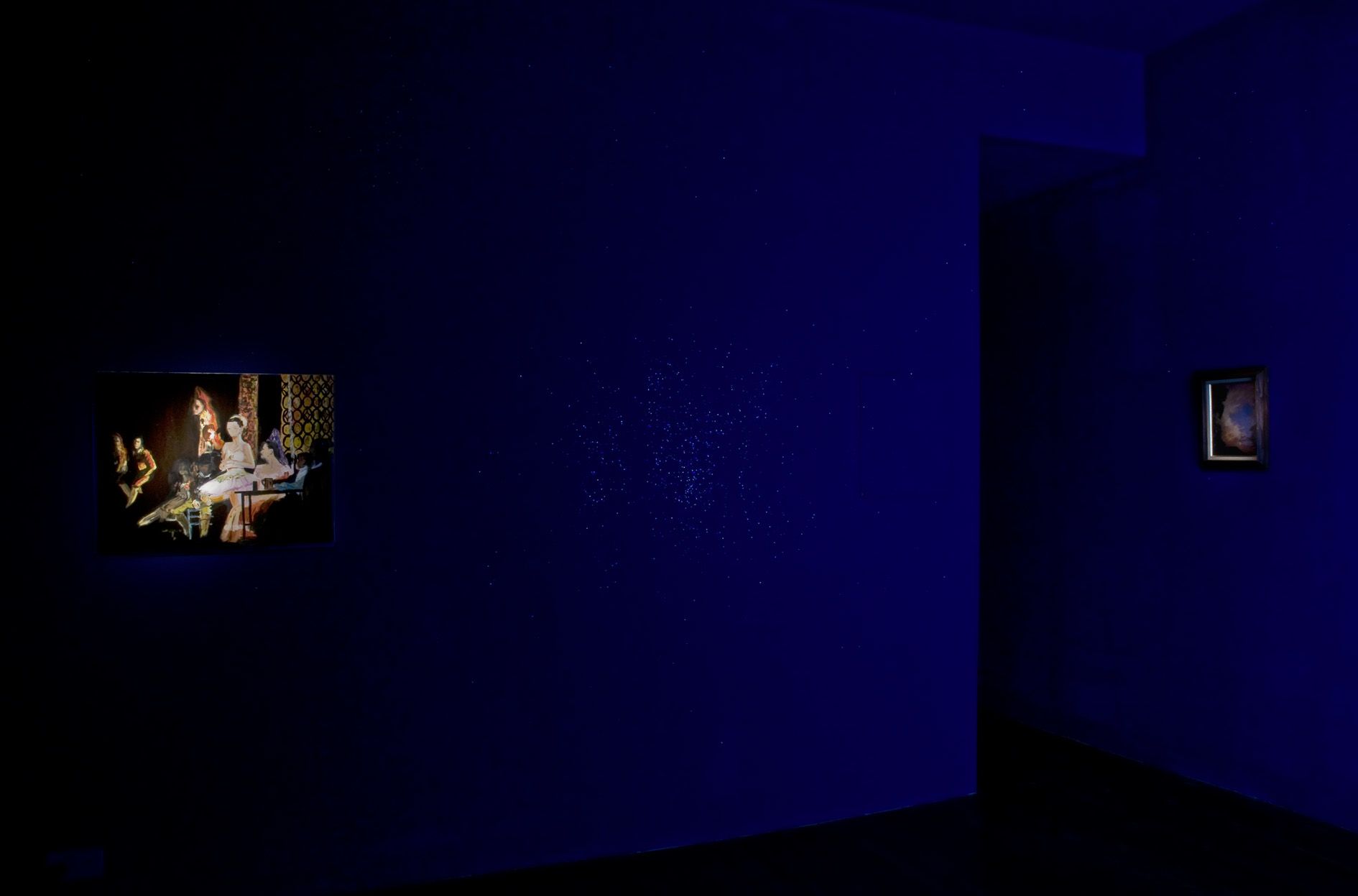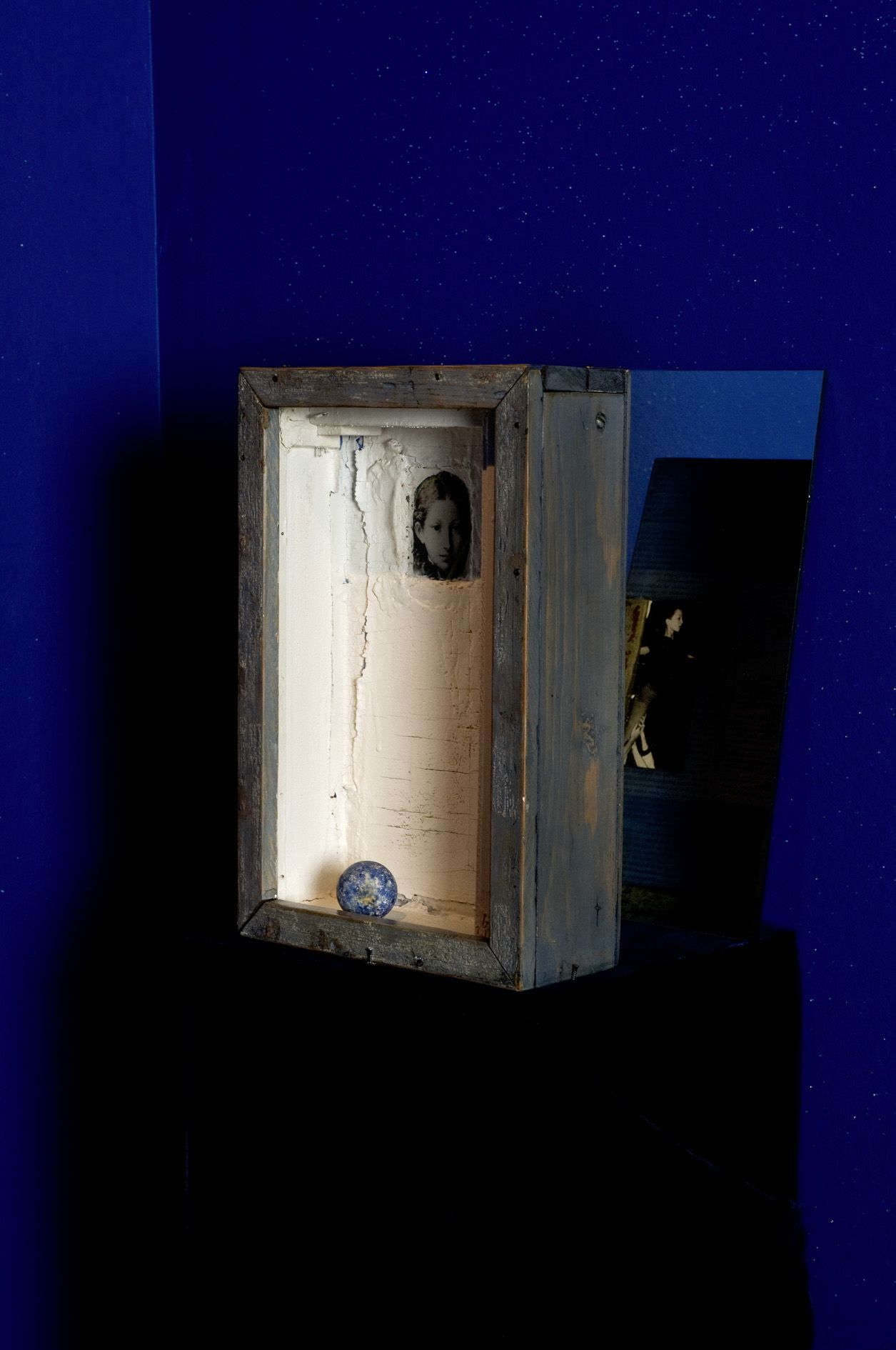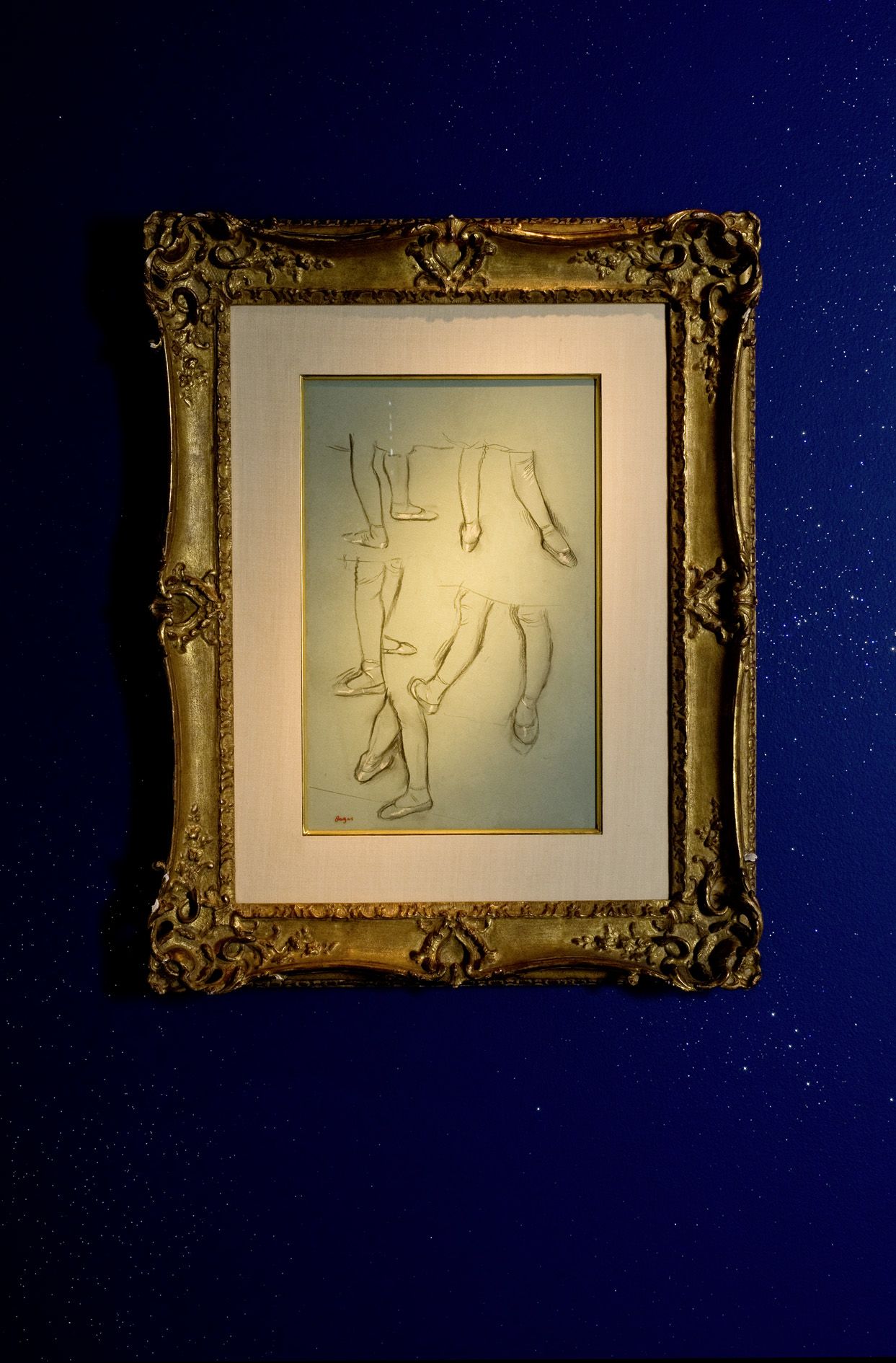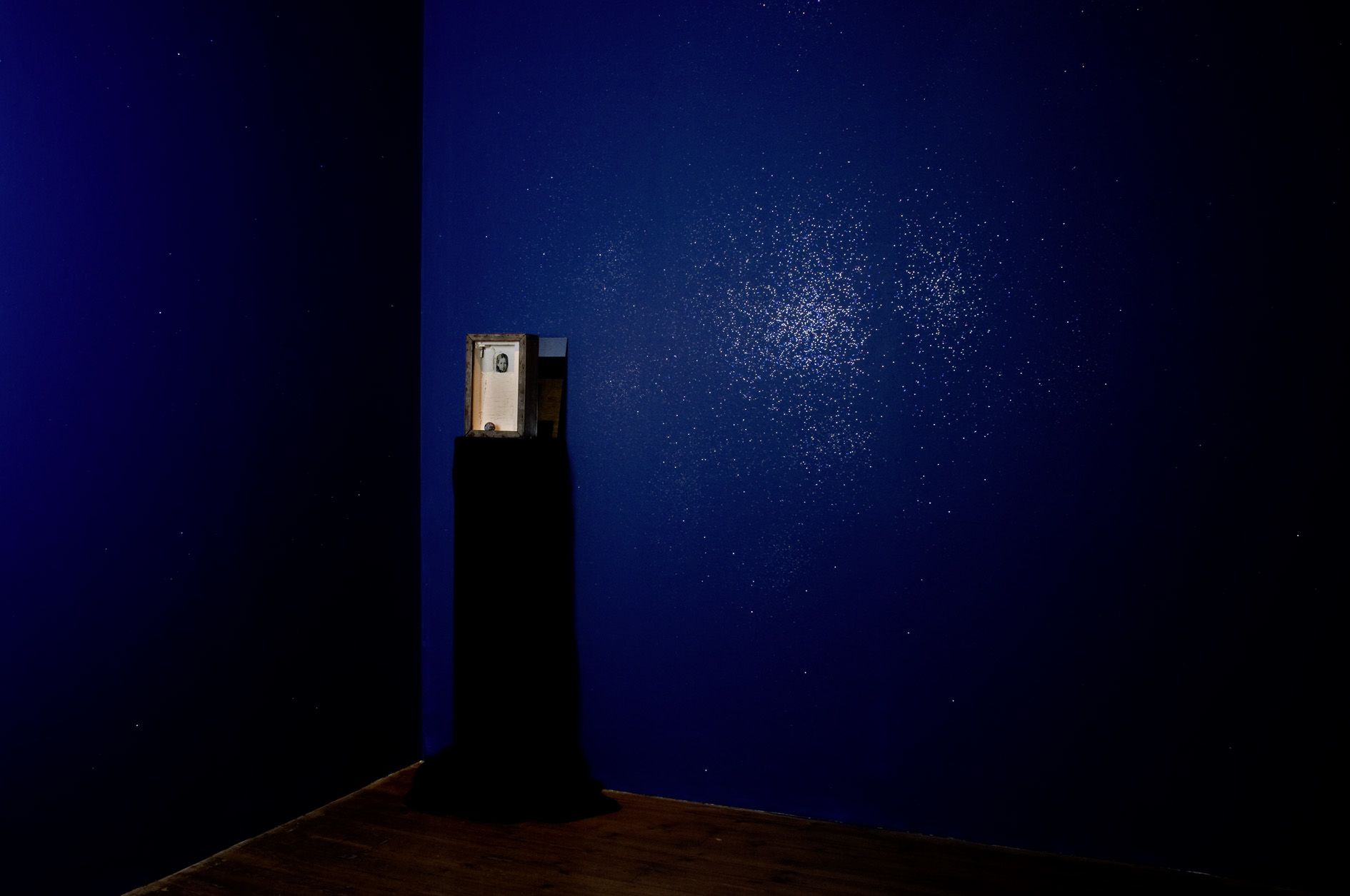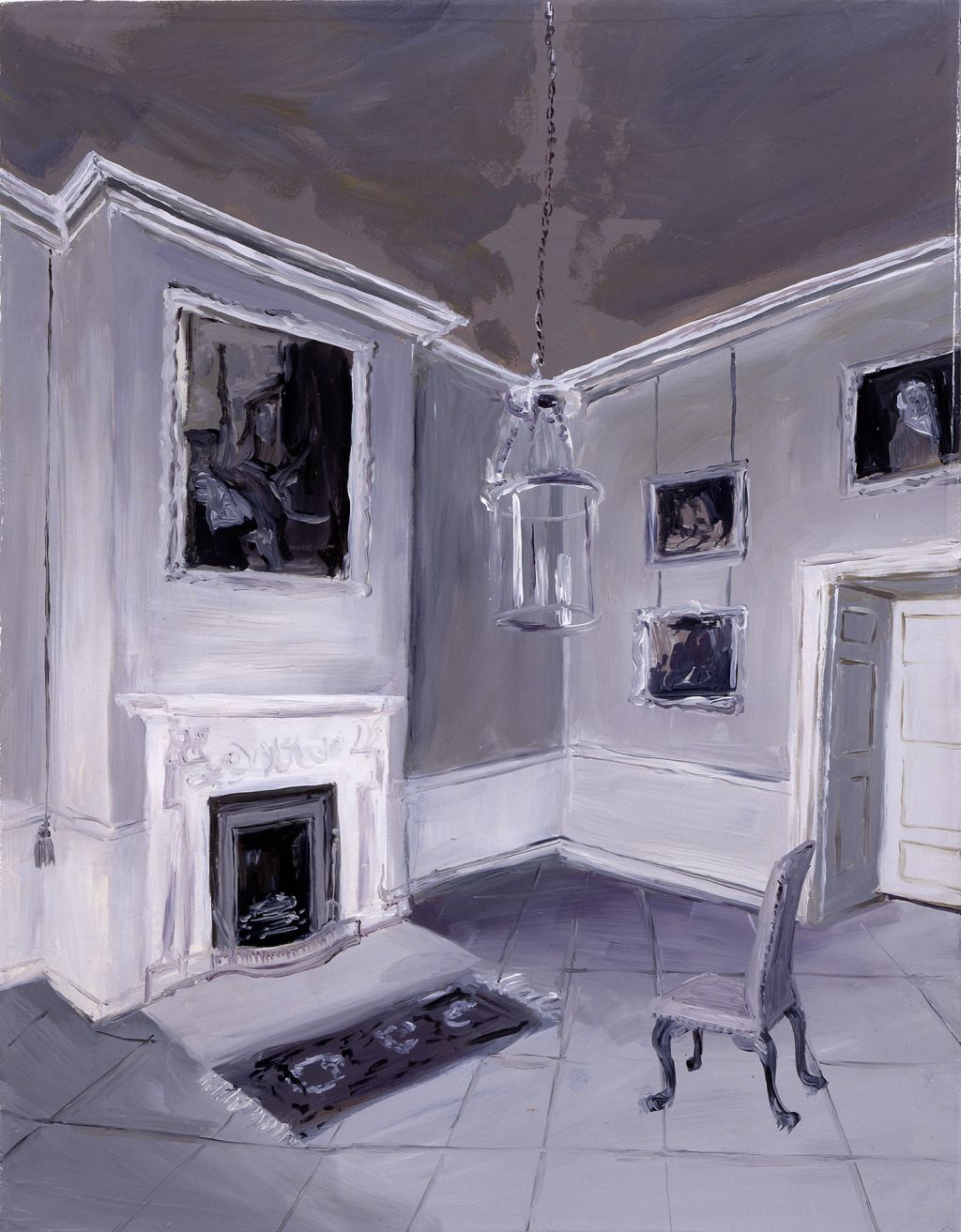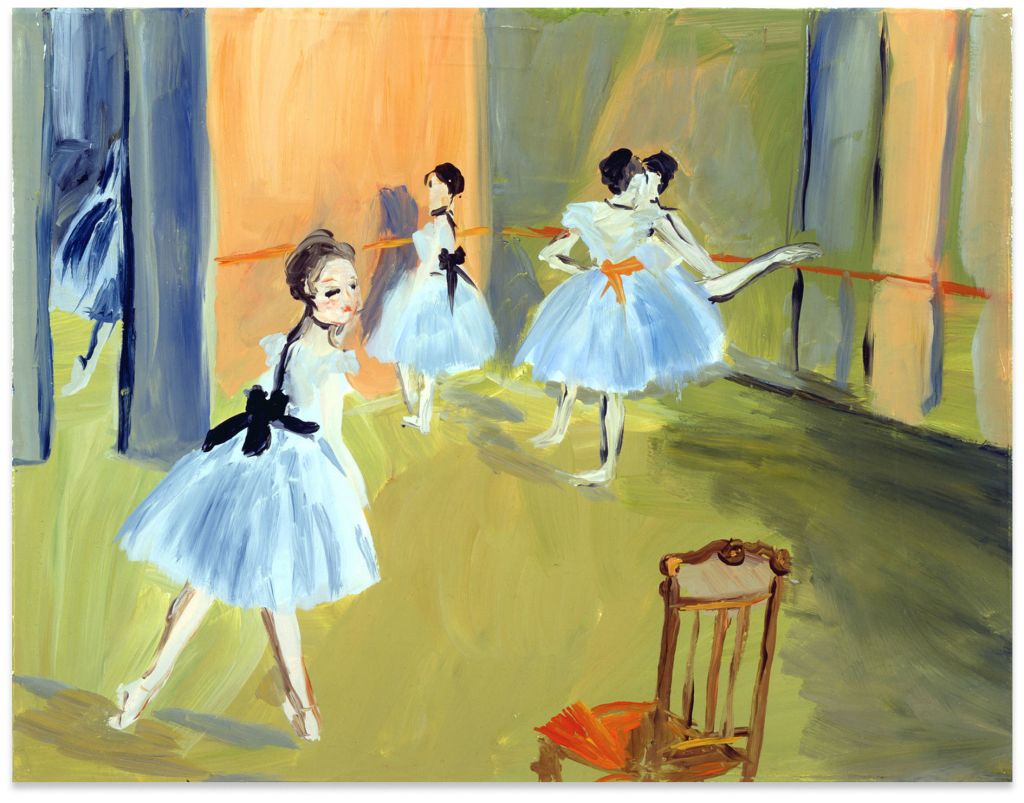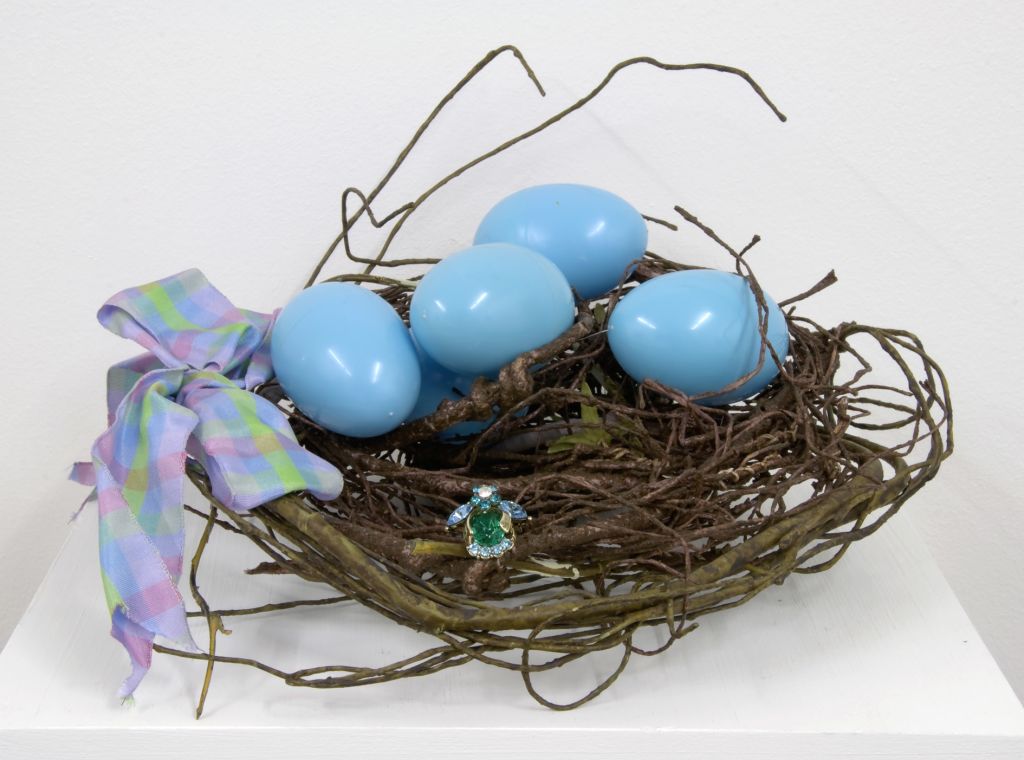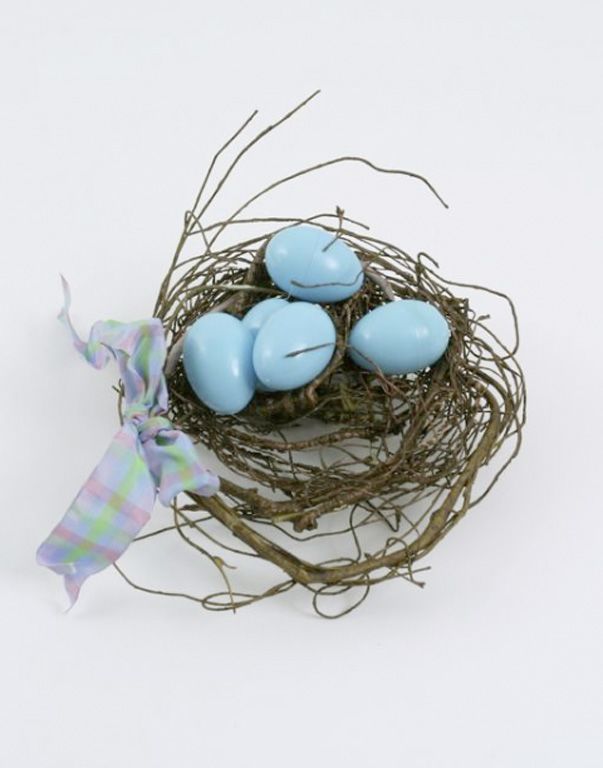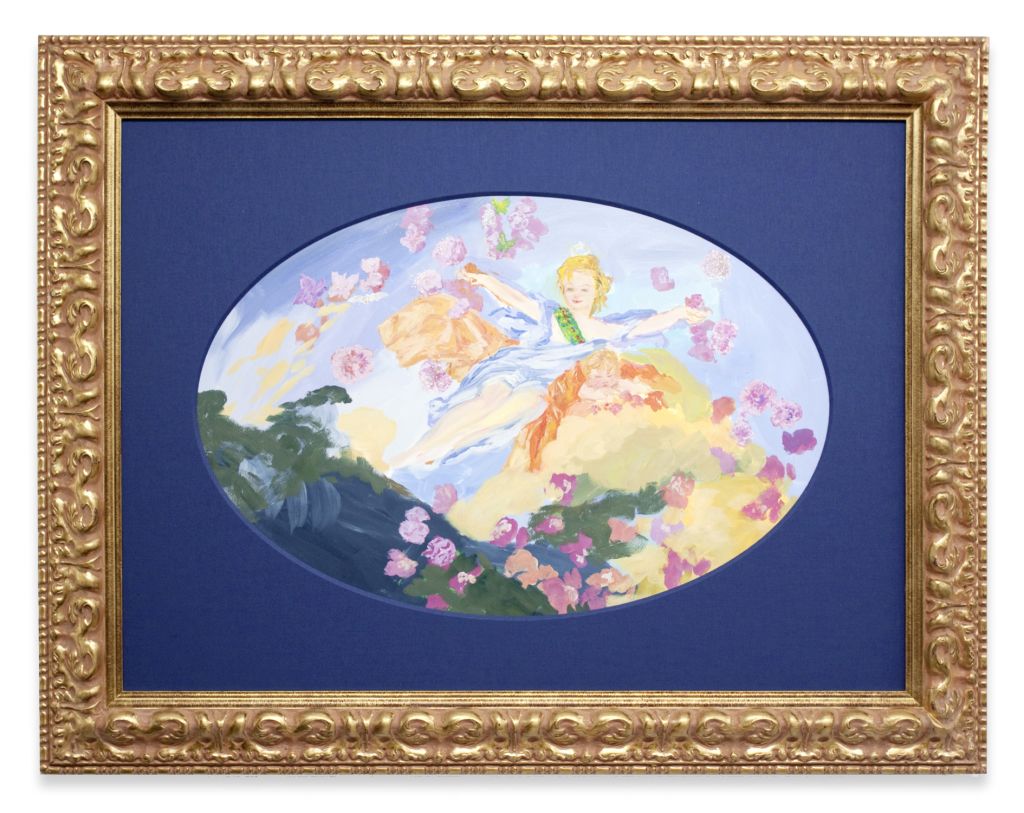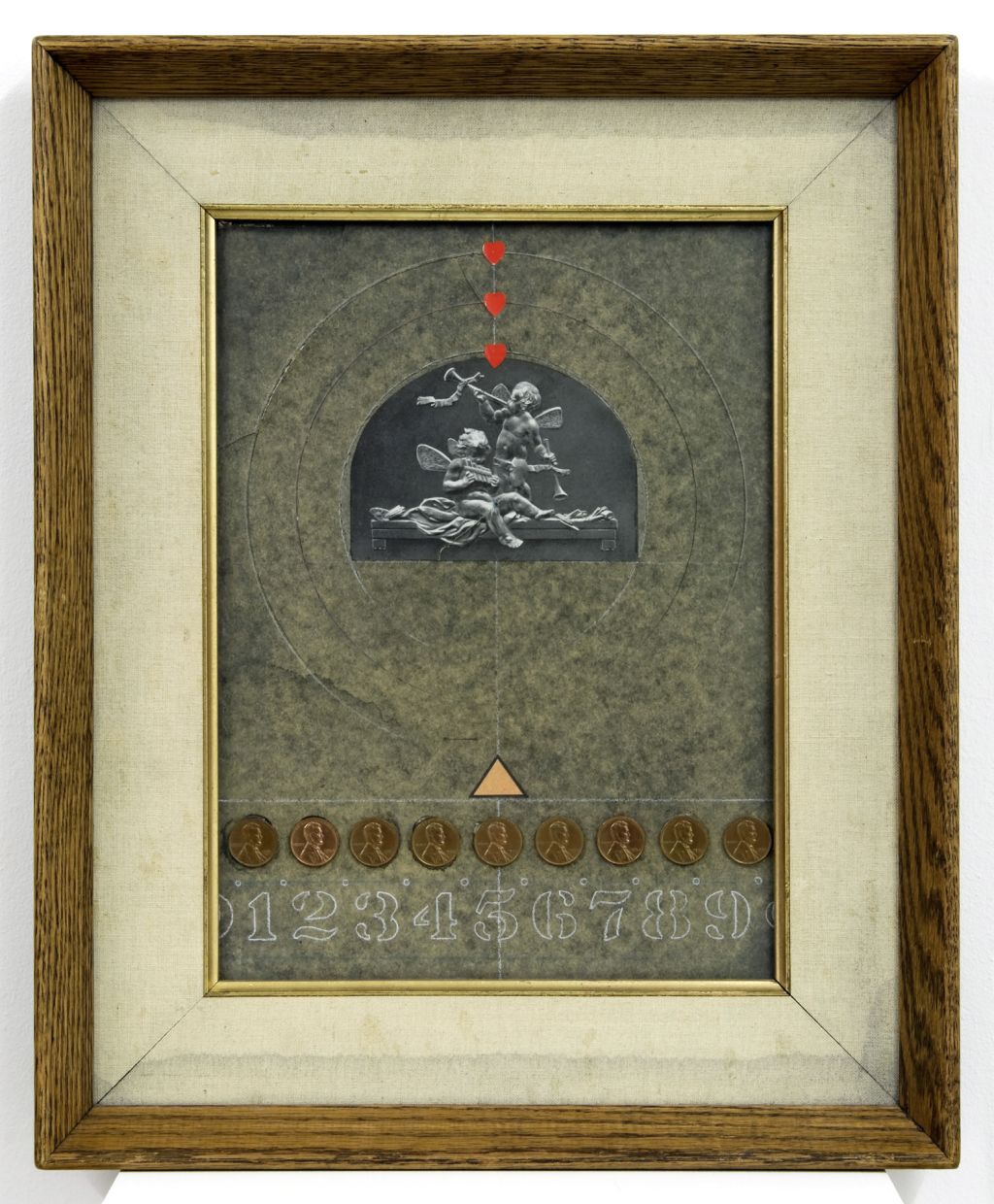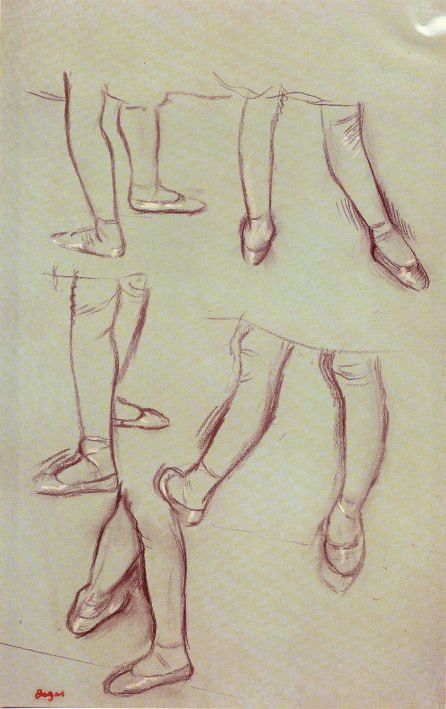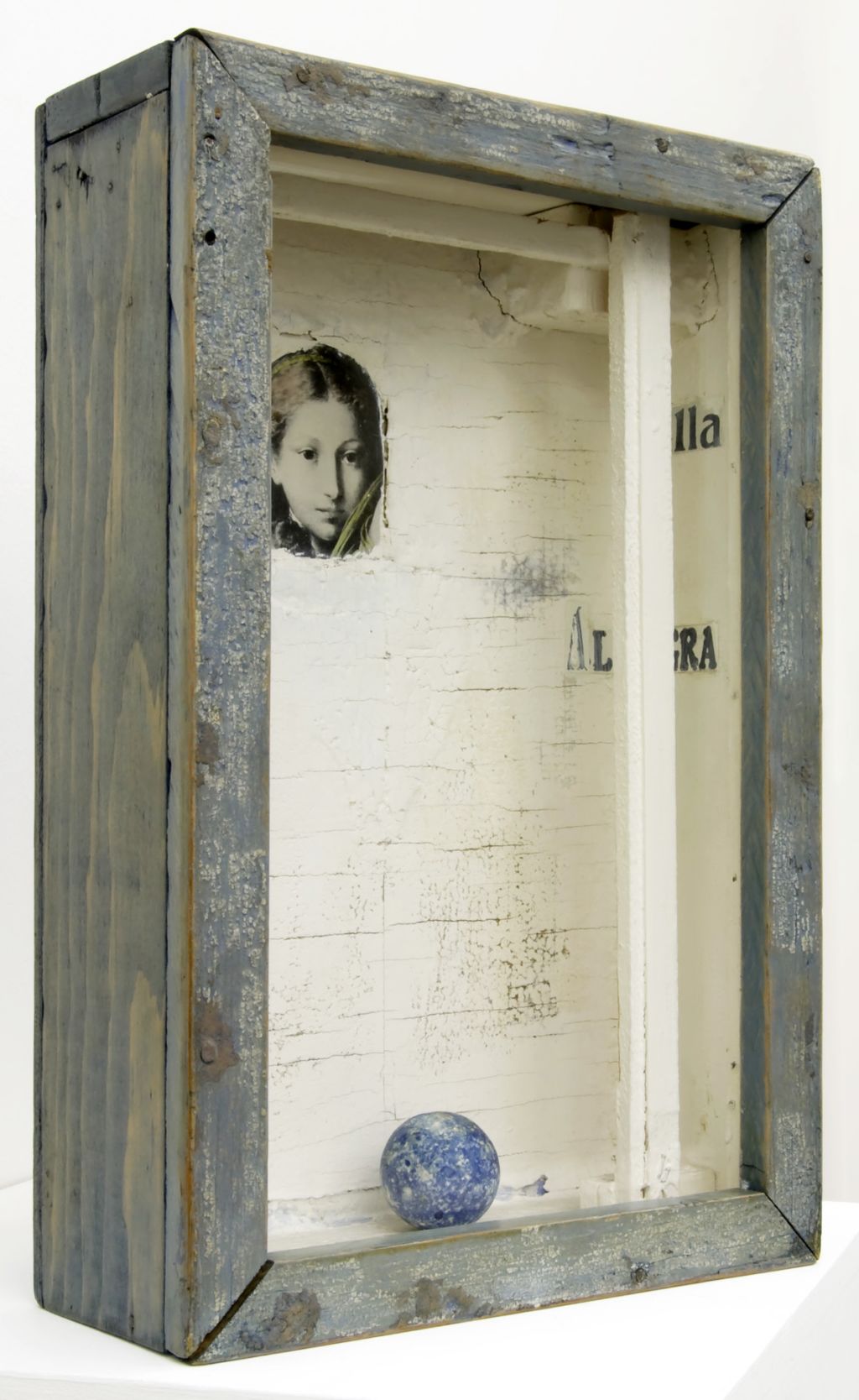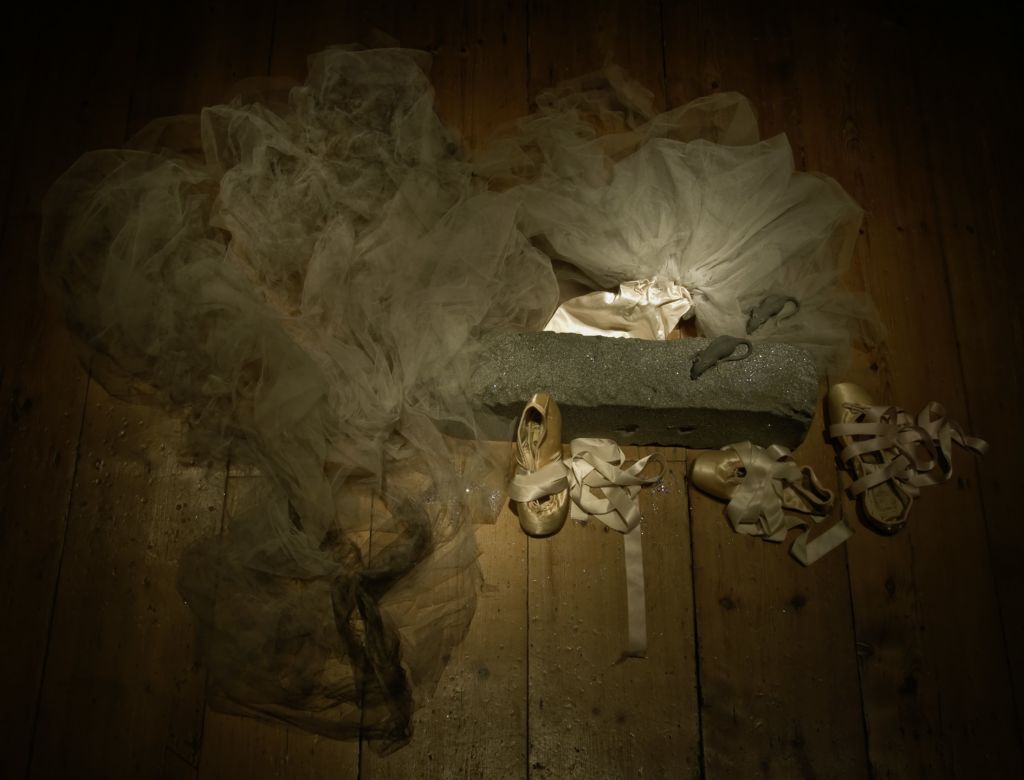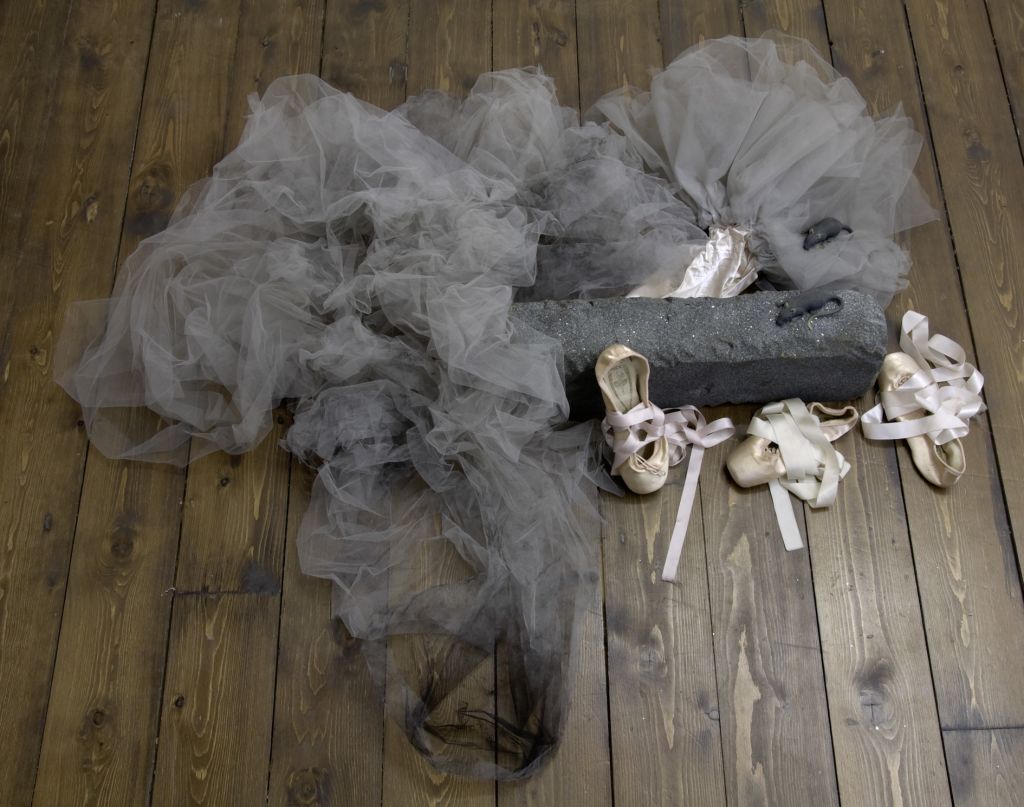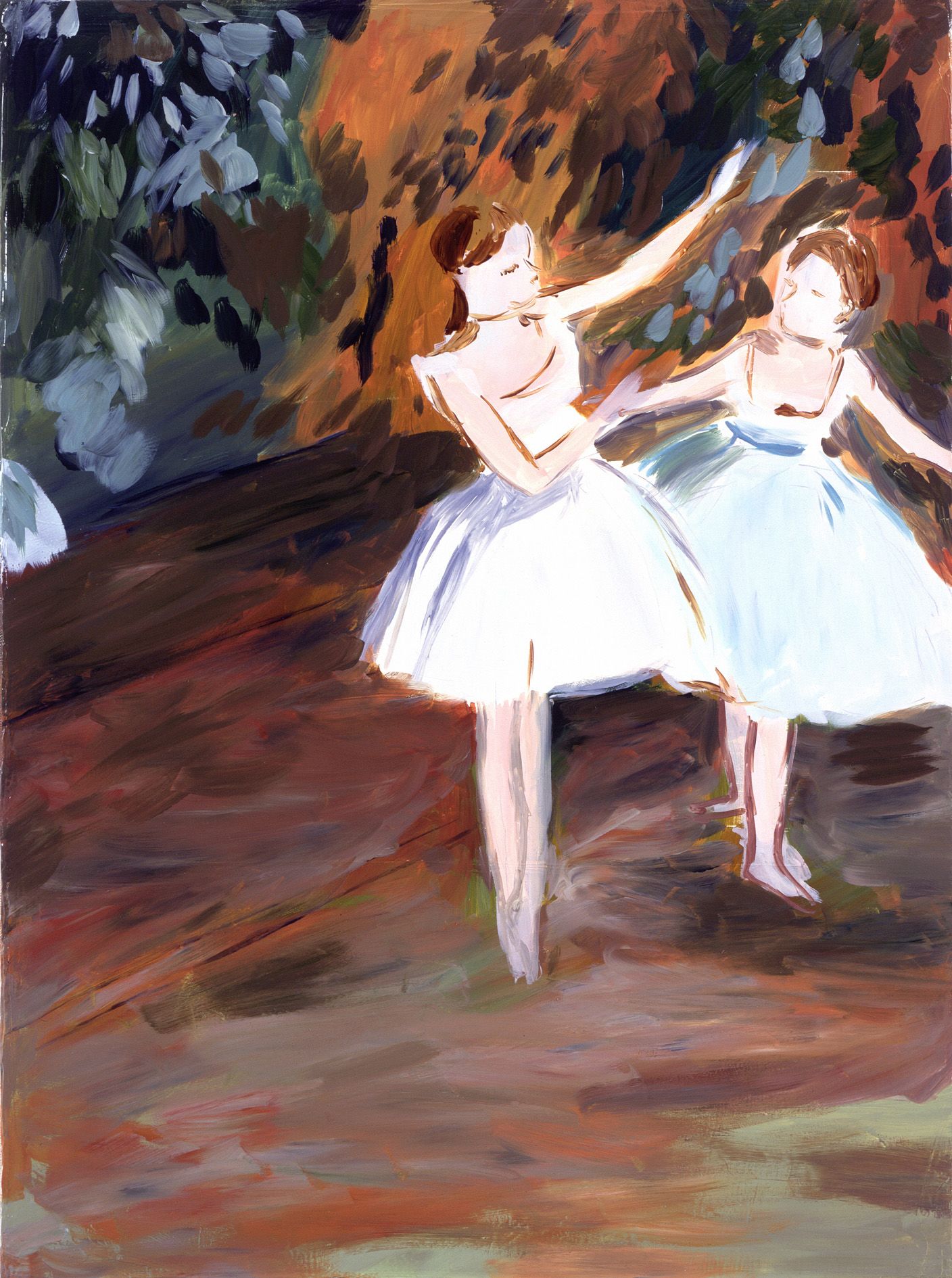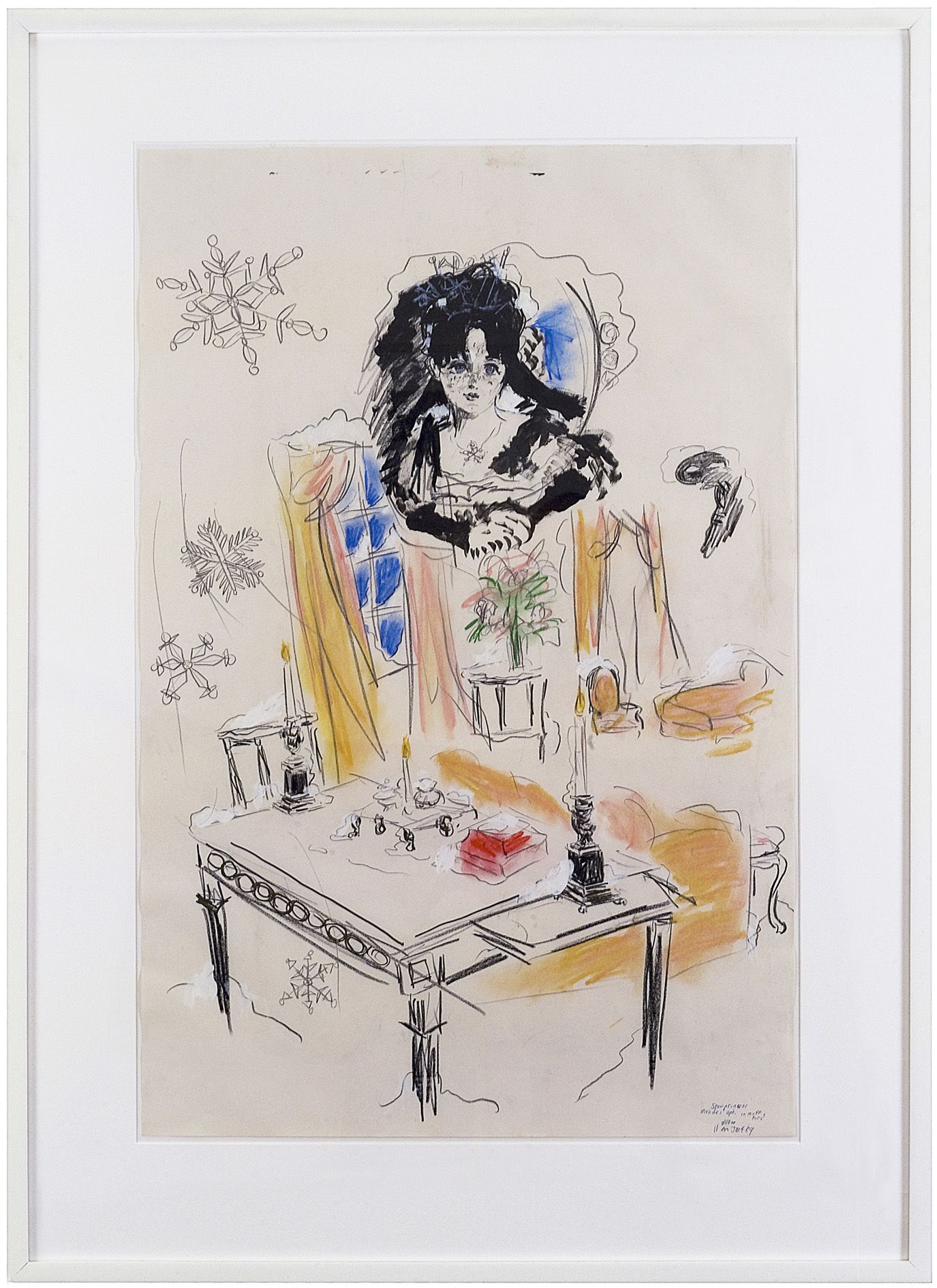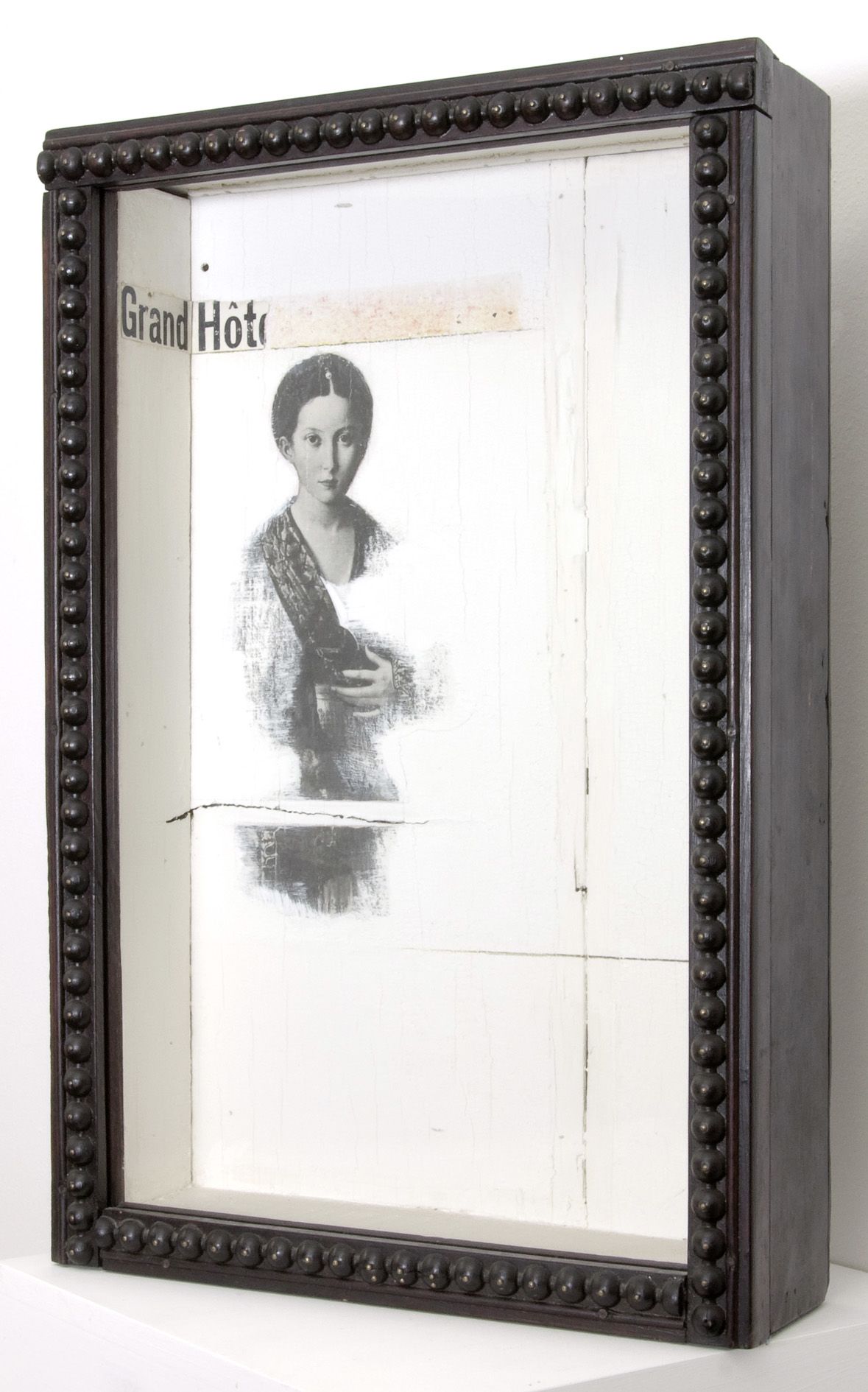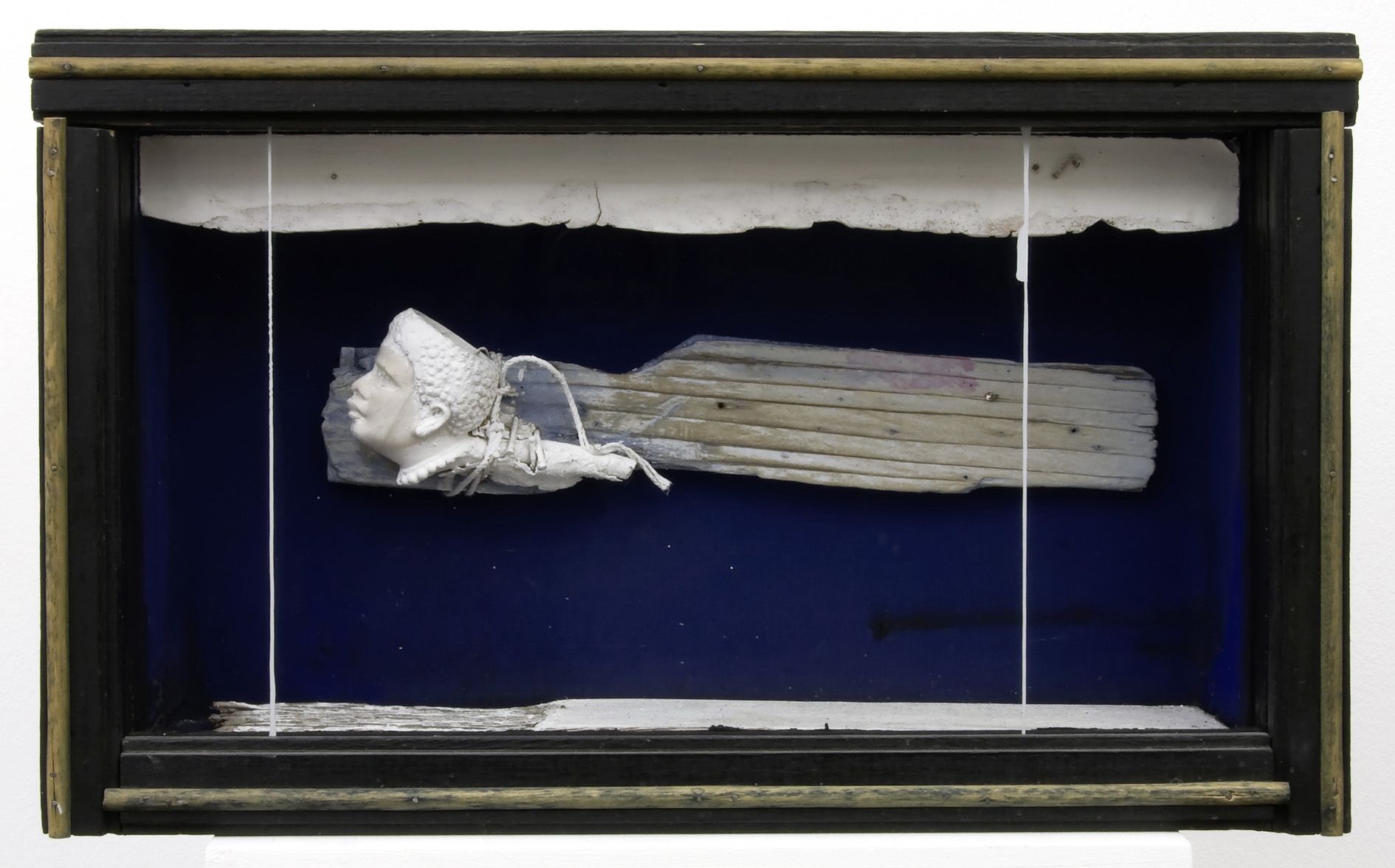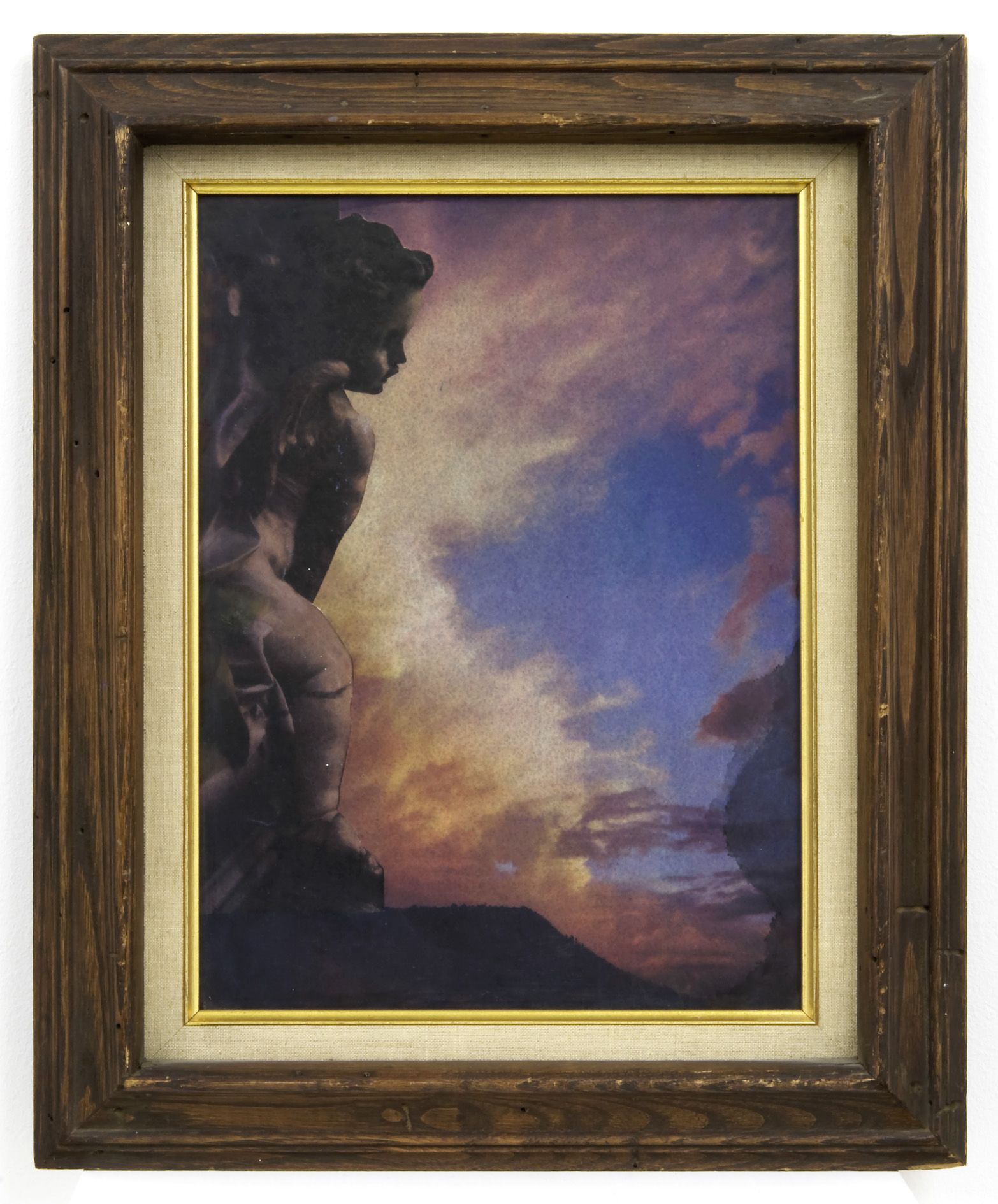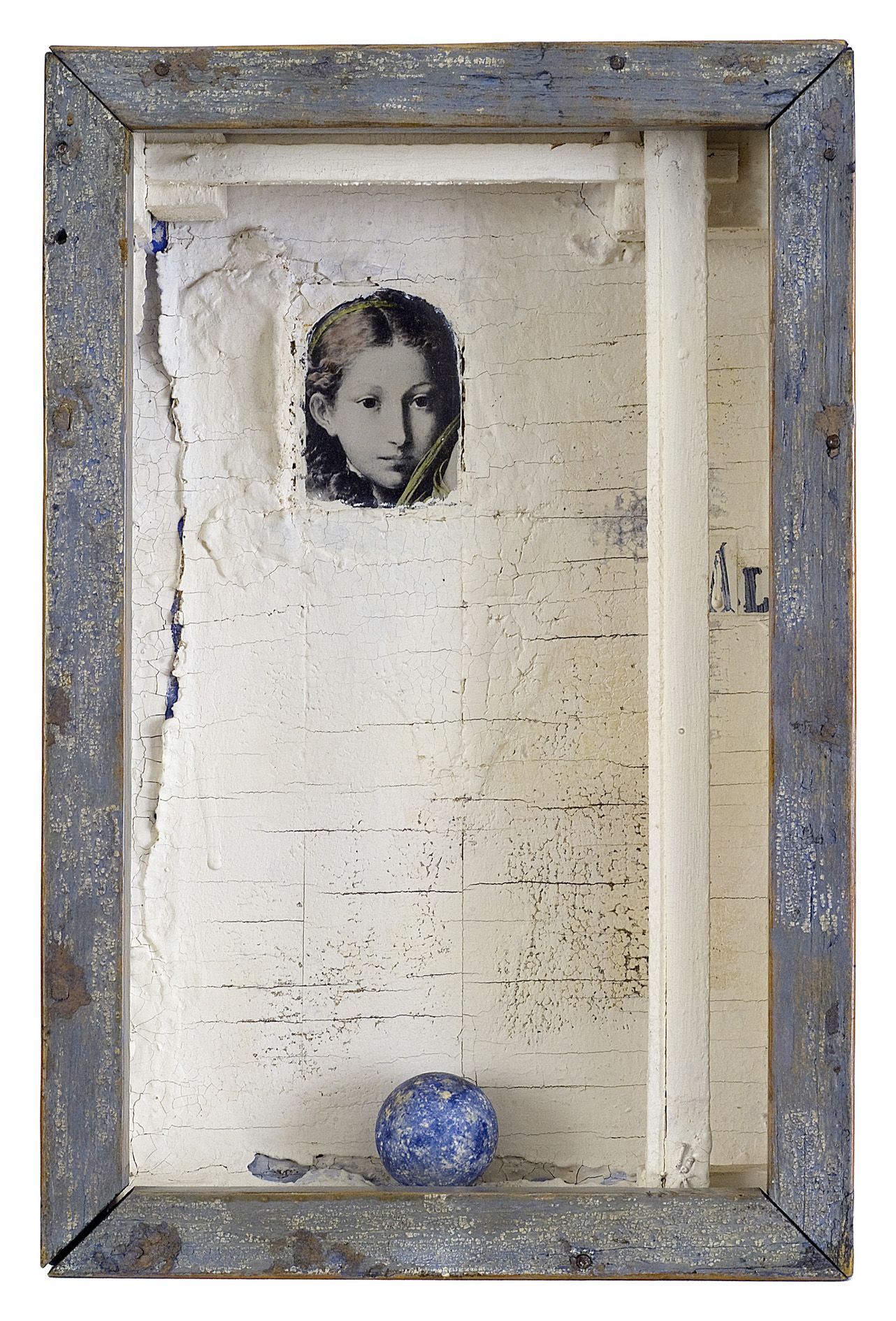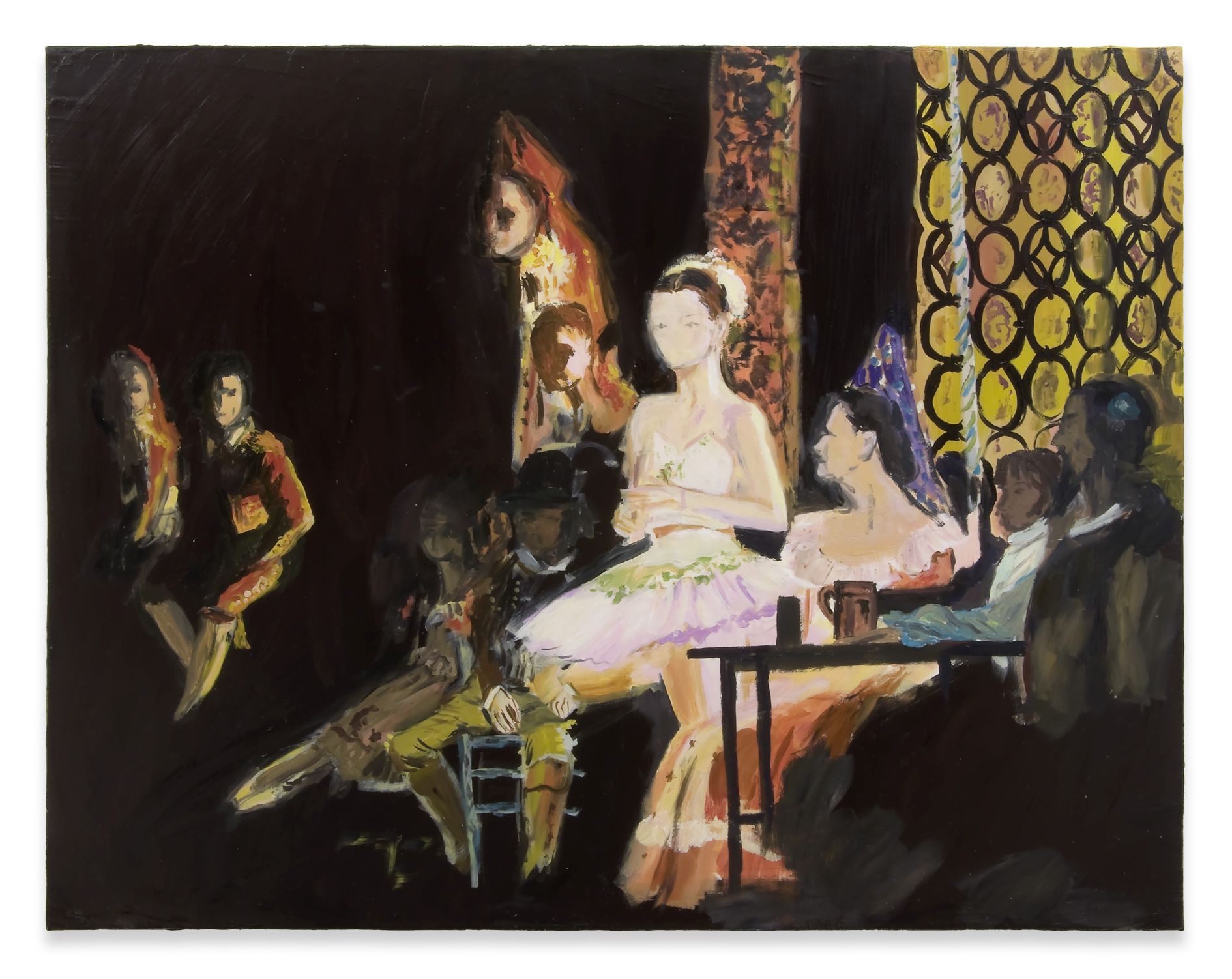Joseph Cornell Karen Kilimnik
June 9–August 28, 2010
London
Joseph Cornell
Edgar Degas
Karen Kilimnik
This exhibition shows works by American artists Joseph Cornell and Karen Kilimnik, displayed together for the first time. Through the use of paintings, collage and installation, the exhibition will explore the affinities between both artists who were influenced by the Romantic ballet era.
Amongst the most elusive and inventive of American artists, Joseph Cornell (1903-1972) worked exclusively in collage and is renowned for his intricate box assemblages. The artist lived with his family in Queens, New York, devoting his life to caring for his brother, who suffered from cerebral palsy. Although Cornell rarely left New York City, his works, created in isolation, transport viewers to worlds far beyond the mundane realities of his urban, terrestrial life. He often described himself as an ‘armchair voyager’ to earlier eras and countries, the concept of which derives from the venerable tradition of writing travel accounts for the benefit of future generations. Cornell was a compulsive and passionate collector who would gather his impressions of the ‘light of other days’ from postage stamps, old photographs, Victorian engravings and nineteenth century traveller guidebooks and memoirs. A pioneering preservationist, Cornell would then catalogue every item in his basement studio or, as he called it, his ‘laboratory’, delicately placing these nostalgic elements into richly decorative wood boxes, creating a poetic theatre of memory. Cornell’s interest in the ordinary and fleeting was so elevated that he named it the ‘métaphysique d’éphemera’ suggesting that literal things can create an elaborate and subtle form of magic. Untitled (Grand Hotel) c.1950, perfectly encapsulates Cornell’s idea of an armchair voyager. The hotel series, initiated in 1950, reflects Cornell’s impressions of Europe’s grand old buildings. The old-fashioned, peeling paper interior reinforces the nineteenth century atmosphere associated with such an establishment, heightening the sense that the object belongs to another time and culture.
